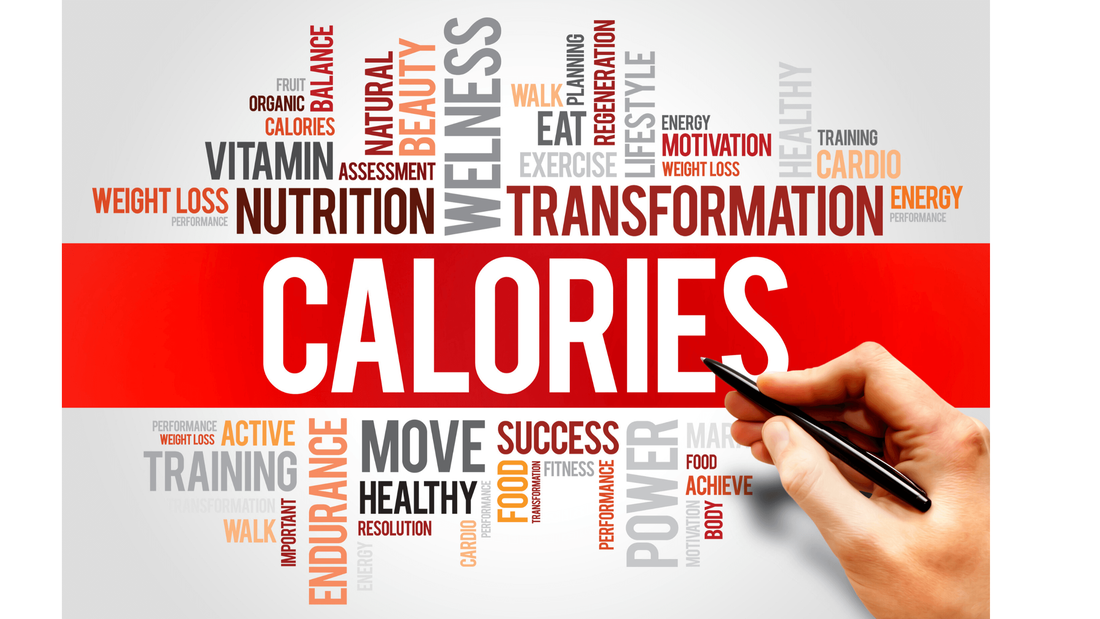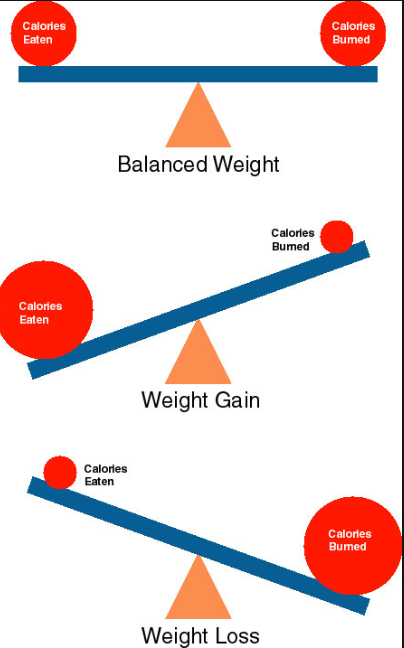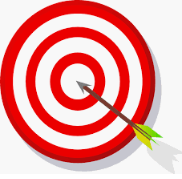|
In order to lose weight, three key things to focus on are calories, exercise, and lifestyle. In this blog we are going to put the spotlight on calories.
In order to change your weight, it is the balance between how many calories you take in versus how many calories you use up (calories out). Weight Loss = Calorie deficit = Calories out (energy out) is higher than calories in (energy in) Weight gain = Calorie surplus = Calories in (energy in) is greater than calories out (energy out)
Calorie input:
Food can be broken into three macronutrients, namely protein, fats and carbohydrates. In order to have a balanced diet, you need all three nutrients in your plan. Protein and carbohydrates contain 4 Kcals per gram, whereas fat contains 9Kcals per gram.
Calorie output:
Your calorie output (usage) can be broken into a few different groups.
To lose weight:
If for example your total daily energy expenditure (TDEE) is 3000 Kcals per day and you weigh 100 Kg. That means you need 3000 Kcals to maintain your current weight. If you want to lose 10Kg (i.e. 10%) weight, then you need to reduce your calorie count by 10% = 300 Kcals, and your new TDEE goal is 2700 Kcal. You need to achieve that calorie deficit through exercise and appropriate nutrition. Total daily energy expenditure (TDEE) calculator: Use the TDEE calculator below to estimate your TDEE (Total Daily Energy Expenditure) and from it your optimal daily calorie intake you need to keep your weight stable, to gain or to lose weight.
Total Daily Energy Expenditure
Tips to hit the target on calorie management:
1. Do a food diary Take stock of what you currently eat and how many calories are involved. Do a food diary for 10-14 days. Use this as the bases and foundation. You will see you are doing somethings very well, but you may also see some area’s for improvement. This can be a manual diary or there are also many online or apps available. A very popular one is “MyfitnessPal”. 2. Focus on your protein intake. There is a separate blog all about proteins. This is a vital macronutrient and about 30-40% of your daily calorie intake should be proteins 3. Include fruit or vegetables at every meal. Try and have as much fruit and vegetables as you can. Most people don’t eat enough of them. 4. Make sure you drink loads of water! Water is a vital ingredient. Drink at least 2 litres of water every day. Additional water should be drank during and after exercising. Review previous blog on the importance of water here. 5. Calorie deficit If you want to lose weight, keep thinking of calorie deficit i.e. Calories out is greater than calories in. Good nutrition and good exercise routine will help you achieve this.
0 Comments
Your comment will be posted after it is approved.
Leave a Reply. |
Search by typing & pressing enter




